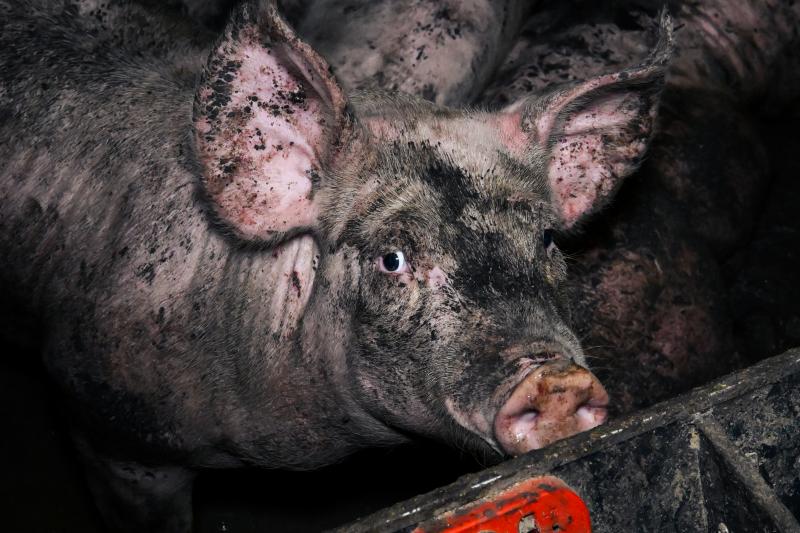The use of antibiotics on farms poses a threat to both human and animal health. It needs to end as soon as possible.
In 2023 nearly 2,000 deaths in the UK are predicted to occur due to infection with resistant E. coli and Salmonella associated with antibiotic use in factory farms, bacteria commonly found in farmed animals and animal products we consume.
The economic losses in the UK due to this will amount to over £1.3 billion in 2023, and that amount is set to rise if we continue to use the current level of antibiotics on farms.
The overuse of antimicrobials in animal farming contributes to the spread of superbugs and reduces the effectiveness of antibiotics for treating the infections these superbugs cause in both humans and animals.
Superbugs are already a deadly threat to people, killing an estimated 1.27 million people a year worldwide, so this is a very pressing issue that needs to be addressed urgently.
Please sign this open letter to the government urging them to ban the preventative use of antibiotics on farms.
Dear Veterinary Medicines Directorate,
We were very pleased to see the proposed new regulations banning routine use of antibiotics on farms earlier this year. The overuse and reliance on routine antibiotics on healthy herds of animals to prevent disease and infection resulting from poor animal welfare practices is not only masking and compensating for terrible welfare practices, but also leading to greater resistance to antibiotics and putting public health at risk.
Whilst World Animal Protection welcomes these positive changes to the regulations, we, alongside our supporters would like you to reconsider implementing a full list of regulations matching those introduced by the EU in January 2022. The prophylactic use of antibiotics often overlaps with the routine use of antibiotics on farms and banning one without the other will most likely result in unforeseen loopholes that would allow for business as usual and not lead to the antibiotic use reductions needed, or to improvements to animal welfare that are currently avoided through routine and preventative use of antibiotics.
Our new report ‘Is Factory Farming Killing us?’ shows that the potential impact on humans of the overuse of antibiotics despite industry reductions in recent years is substantial, and that without regulations ensuring AB use is reduced to responsible levels we will not see a drop in this impact as livestock numbers continue to rise.
The use of antibiotics on farms increases the risk of illness due to resistant bacteria and leads to losses in productivity because of illnesses, disability or early deaths caused by antibiotic resistance. In 2023 nearly 2,000 deaths in the UK are predicted to occur due to infection with resistant E. coli and Salmonella associated with antibiotic use in factory farms, bacteria commonly found in farmed animals and animal products we consume. The economic losses in the UK due to this will amount to over £1.3 billion in 2023, and that amount is set to rise if we continue to use the current level of antibiotics on farms.
Even if we continue to reduce antibiotic use on farms, public health impacts and economic losses will continue to increase. This is due to predicted increases in the production and consumption of animal products, livestock numbers will also increase. This will result in year-on-year increase in the total amount of antibiotics used by 2050.
Antibiotics are often routinely used to prevent illness and infections resulting from their environment, breed, animal husbandry practices and conditions they are kept in. These highly stressful and often barren environments can lead to illness and severe behavioural issues. These can include aggression or repetitive behaviour like tail biting in pigs, cage biting or chewing continuously on nothing until frothing at the mouth, feather pecking or even sometimes cannibalism. Stress depresses the immune system and makes animals more prone to infections.
Very densely packed sheds also provide good conditions for disease to spread from animal to animal. Poor hygiene and air quality are also a cause of disease. Antibiotics are used across groups to prevent stressed animals getting sick; they prop up a system of suffering for food production.
We recognise that it will take time to make the changes to animal husbandry, infrastructure and the use of high production breeds that would be required to end the routine prophylactic use of antibiotics. Therefore, we propose that this final regulation is brought in with a time frame of five years allowing for the changes to take place.
We would be happy to meet with you to discuss the proposed regulations and the results from our latest study.

